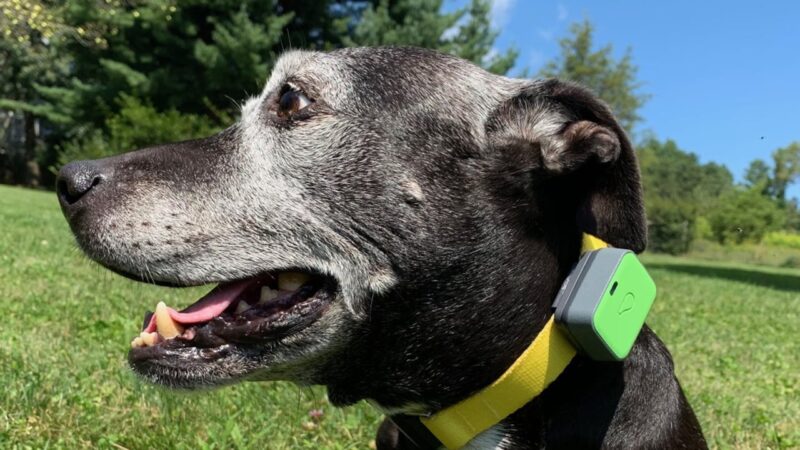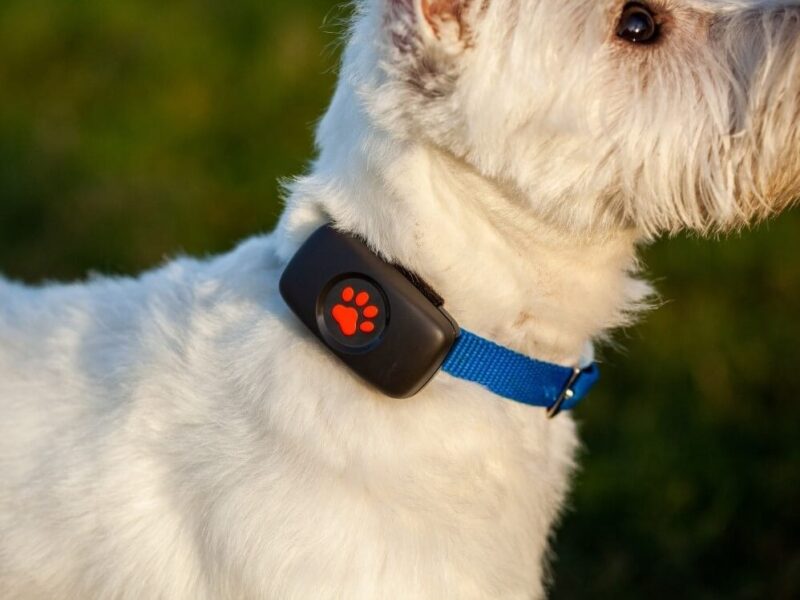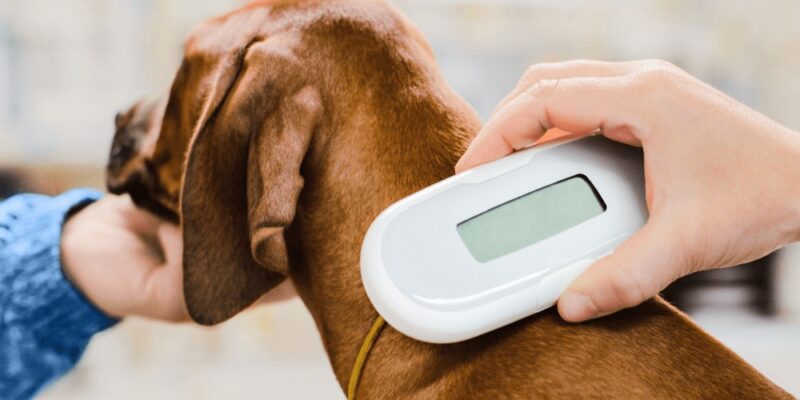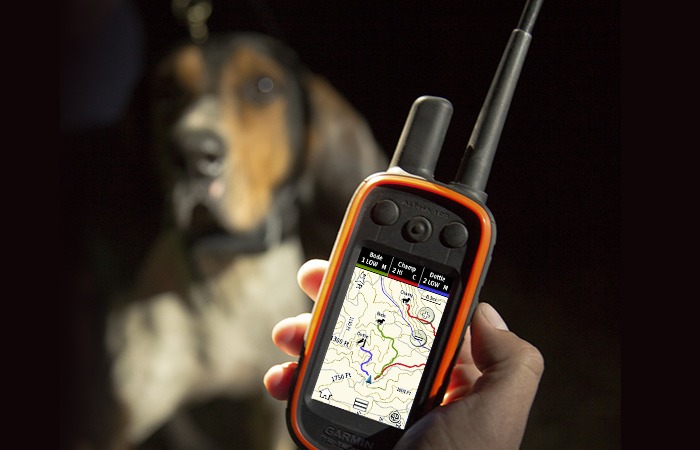Most dog owners have had that one heart-pounding moment: your dog isn’t where they’re supposed to be. You check the yard. The door. Behind the couch. Nothing. Whether it lasts five minutes or an hour, that sudden fear hits hard. That’s where GPS trackers like those offered by Petloc8 come in. These compact devices clip to your dog’s collar and let you see their real-time location from your phone.
If they wander off, you can see exactly where they are without relying on flyers, neighbors, or luck. You can choose one that suits you the best by just visiting https://petloc8.com/pages/dog-gps-trackers.
This is because even though dogs are family, they don’t always follow the rules — or stay within fences, and you never know when you will need one.
This guide walks you through how dog GPS trackers work, who they’re for, what to look for when choosing one, and also shares a few tips to help you get the most from them.
What Is a Dog GPS Tracker?

A GPS tracker for dogs is a small, lightweight device that attaches to their collar. It connects to an app on your phone, allowing you to monitor their location in real time. If your dog wanders off or leaves a designated area (like your backyard), you’ll get an instant alert. Unlike microchips, which only help if someone finds and scans your pet, GPS trackers let you stay in control from the moment your dog strays.
What Dog GPS Trackers Actually Do
These devices use GPS technology (just like your phone or car navigation) to send your dog’s location to an app. They’re small, rechargeable, and built to handle dirt, rain, and all the usual dog things. Depending on the model, most GPS trackers offer:
- live location updates so you can see where they are in real time;
- safe zone alerts that notify you if they leave a set area (like your yard);
- tracking history, showing where they’ve been;
- waterproof, durable designs for active breeds;
- simple smartphone apps for easy access on the go.
With these features you can rest easy knowing you can easily track where your dog is and quickly find them in case they wander off.
Why GPS Tracking Matters for Dogs

Dogs are curious. They chase squirrels, follow scents, and slip through doors faster than you can say, “Wait!” And even the most loyal pup can panic during fireworks, get disoriented in new places, or follow an animal too far.
Traditional ID tags and microchips are still helpful — but they only work if someone else finds your dog and takes the time to help. A GPS tracker keeps you in control. You’ll know your dog’s location within seconds, not hours or days.
Who Benefits from Using One?
Honestly, almost anyone with a dog. Even if your pet has never run off before, it only takes one time. Here are some common situations where GPS trackers are especially helpful:
- dogs in large yards or rural areas;
- pets that go hiking or travel with their owners;
- rescue dogs who are still adjusting to new routines;
- older dogs that may get confused or wander;
- puppies that are still learning boundaries;
- busy households with kids, guests, or frequent deliveries.
A tracker doesn’t replace training or supervision, but it adds an extra layer of protection.
Are They Comfortable for Dogs?

Absolutely. Most GPS trackers are small, lightweight, and clip directly to their existing collar. They don’t restrict movement or cause discomfort, and your pet will likely forget it’s even there. Still, always choose the right size for your pet. For smaller breeds, low-profile trackers are best. Larger, active breeds can carry slightly bulkier units without noticing.
What to Look for When Choosing a GPS Tracker
Not all trackers are built the same, so here are a few things to consider:
- battery life — some last a few days, others a full week, so pick based on your dog’s activity level;
- real-time tracking — make sure it offers frequent, accurate updates;
- ease of use — the app should be simple and quick to use in an emergency;
- size and comfort — lightweight models are better for small dogs;
- durability — choose a tracker that can handle water, mud, and rough play;
- subscription costs — some trackers require a monthly fee for GPS connectivity, so always check the fine print.
Brands like Petloc8 offer side-by-side comparisons so you can see what suits your dog and your routine best.
What About Monthly Fees?
Some GPS trackers require a subscription plan to support cellular connectivity — this allows them to send real-time location data. Others may use Bluetooth or Wi-Fi for short-range tracking only. Platforms like Petloc8 offer options with transparent pricing and features that match the cost.
The key is to balance your needs (like unlimited range or tracking history) with your budget.
Tips for Getting the Most Out of Your Tracker

Here are some tips to help you get the most out of the pet tracking device:
- keep it charged because you can’t track your pet when the battery is dead;
- set safe zones if your dog usually stays in one area;
- practice using the app so you’re comfortable if a real emergency happens;
- double-check the collar fit so the tracker doesn’t fall off during play.
It’s also a good idea to pair a GPS tracker with your dog’s ID tag and microchip for full protection.
Conclusion
No one expects their dog to go missing. But it happens — and when it does, having a GPS tracker already in place can make all the difference. It doesn’t just help you find your pet; it gives you peace of mind every time they step outside.
If you’ve been considering one, take a few minutes to explore your options at Petloc8 and browse through the available options to find one that best suits you. It’s a simple way to stay connected to the dog who’s always there for you.
